Mental Health Awareness Month: How the Natural Diamond Industry Is Helping Improve Mental Health In Remote Communities
May is Mental Health Awareness month, so we’re sharing the important work that the natural diamond community is doing in Africa.

Much has been written about the positive impacts of the natural diamond industry in the surrounding communities, but for Mental Health Awareness Month, we want to shine the light on another way the industry is making a difference.
Not only is the industry a huge source of employment for local communities, but diamond producers invest heavily in the surrounding communities through corporate social responsibility initiatives. These programs include education and healthcare initiatives, job-training opportunities and critical infrastructure development. And, of course, one of the safest places for Africa’s majestic wildlife to be is on land owned and protected by the natural diamond industry. But, there’s a plethora of smaller, more intimate initiatives that are just as worthy of our attention and support, and many worthy initiatives focus on an overlooked and frequently undervalued area: mental health.
Read More: Buying Sustainable Natural Diamonds Leaves A Positive Impact
Diamonds Do Good, a non-profit organization dedicated to developing and empowering people in diamond communities, supports many initiatives, including Sentebale, a non-profit organization co-founded by Prince Harry and Prince Seeiso of Lesotho. Sentabale supports vulnerable children and young people in Southern Africa, especially those living with or affected by HIV and AIDS.
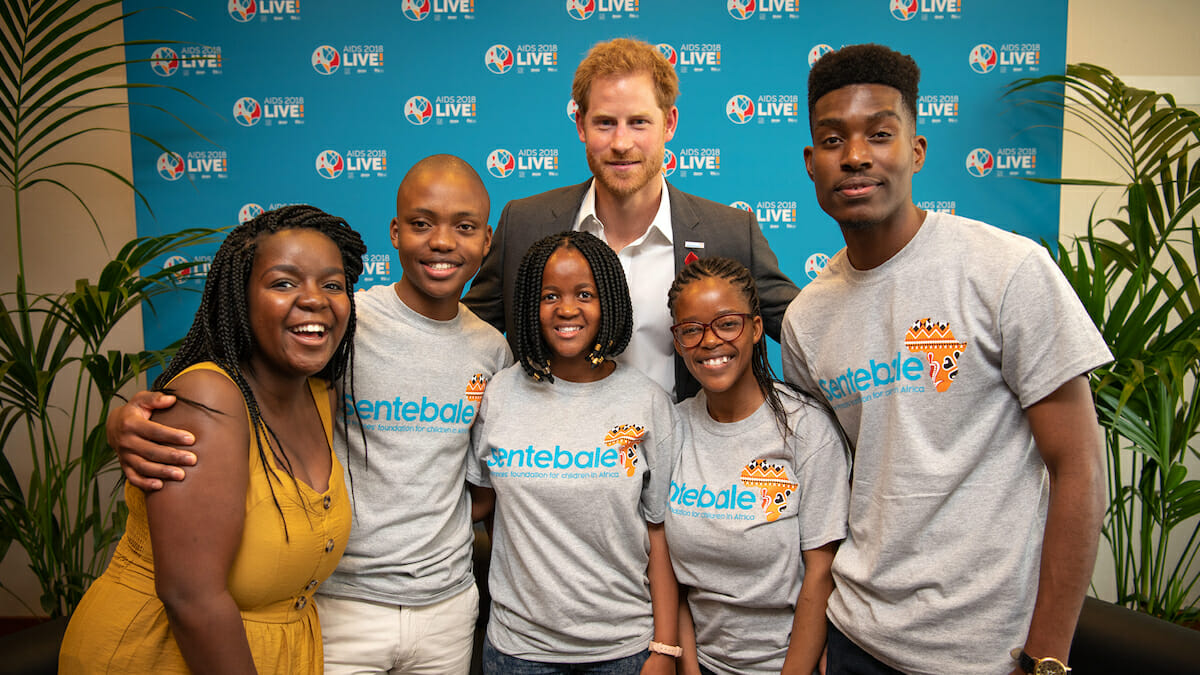
Prince Harry has been a longtime advocate of mental health, especially ending the stigma around having issues and seeking out help, in his charities around the world. In addition to Sentabale, he led campaigns in the UK with the Duke and Duchess of Cambridge, partnered with American royalty, Oprah, on a documentary series on mental health, and joined a mental-health startup, BetterUp, as a senior executive. Sentebale has always been close to his heart. Prince Harry has hosted fundraising events, including the annual Sentebale Polo Cup with Sentebale ambassador Nacho Figueras, and recently announced he would donate $1.5 million of the proceeds from his memoir to Sentebale.
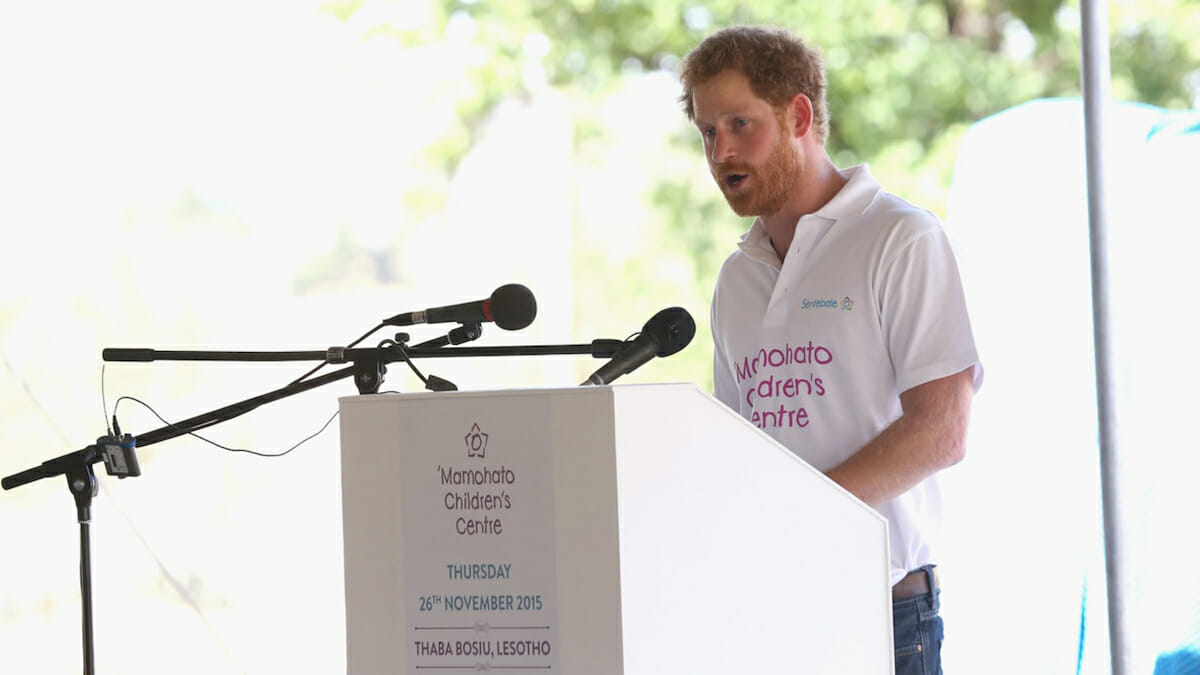
But perhaps nowhere is the impact of ending the stigma and providing support more keenly felt than in Africa through his work with Sentebale. Mental-health treatment is difficult to come by, especially in rural communities, and there can be a very strong stigma attached to having mental-health problems. In a recent statement, Prince Harry and Prince Seeiso said, “In the face of adversity, we both continue to be inspired by the resilience and adaptability of Lesotho and Botswana’s vibrant communities. We are proud of all that Sentebale has achieved, and our personal commitment remains as strong as ever. We believe the organisation continues to be well-positioned and ready to play its part in helping children and young people thrive.”
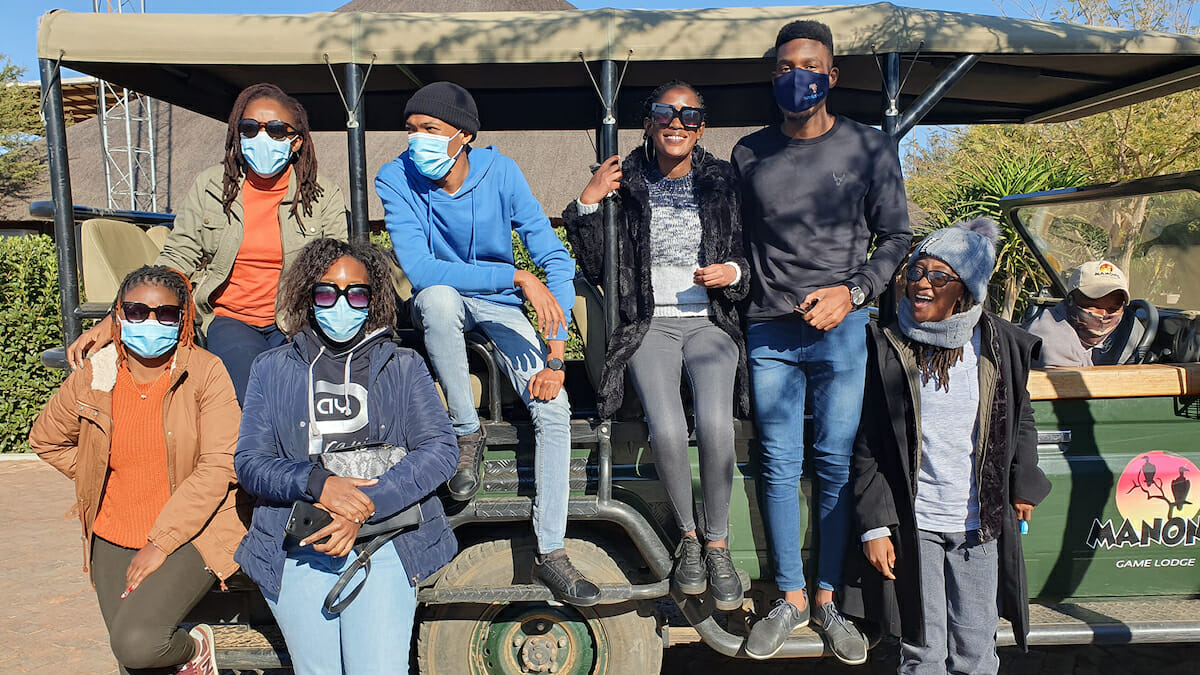
K.T. Montshiwa, Sentebale’s Country Director in Botswana, tells us that supporting mental health of the youth is one of the most impactful areas of their work. “We get young people living with HIV coming to our offices with their families, and they are crying. After a couple of weeks or months, they have restored their faith in humanity and in life,” she says. “They see they are not alone and they can see role models who have been through it and who are thriving.”
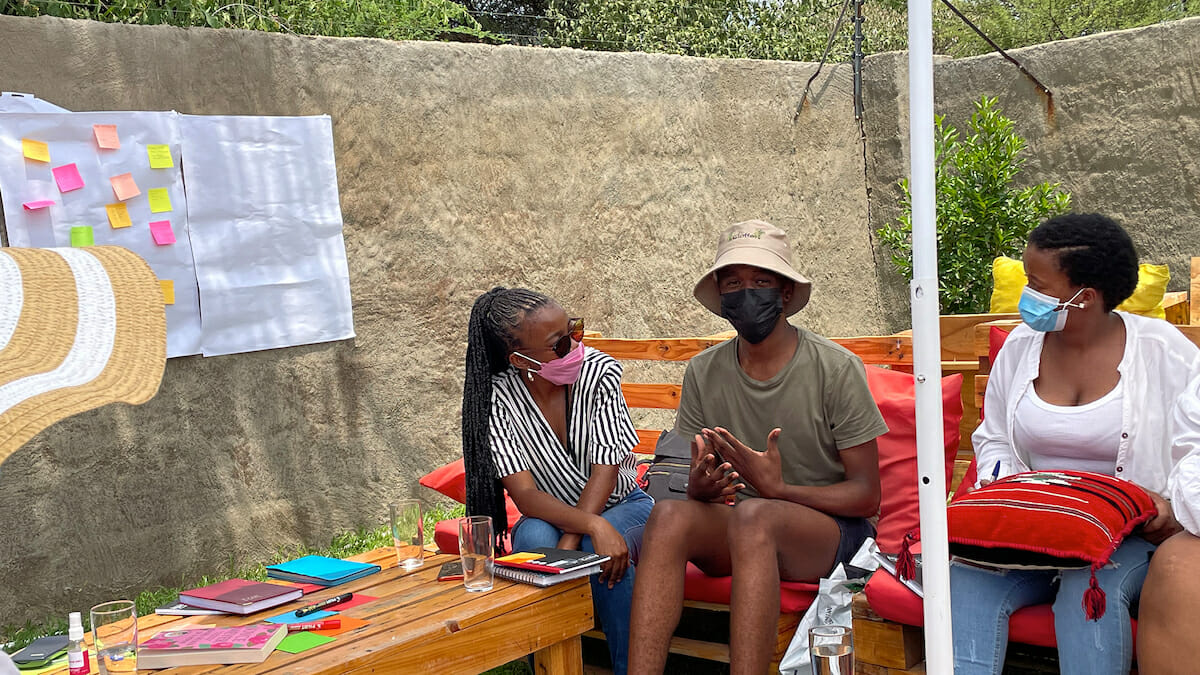
Sentebale learned early on that programs were more successful when they were developed hand-in-hand with the youth the programs would be supporting, which led to the founding of the Let Youth Lead advocacy program. Let Youth Lead provides them with a platform to come together and discuss their experiences and challenges together, then to find solutions, all while creating a supportive environment and developing a community.
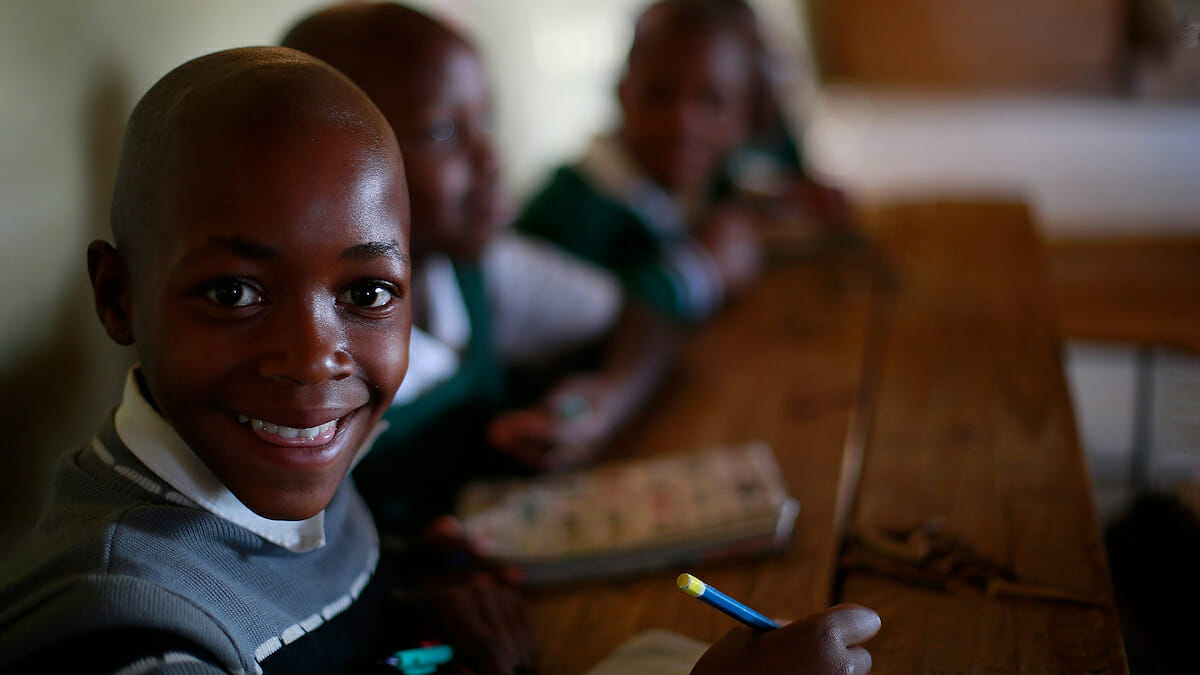
This placed the focus firmly on some of Sentebale’s “Shining Stars,” as Montshiwa calls them. During Covid-19, when lockdowns ended Sentebale’s in-person programming, two Shining Stars hosted a wildly popular radio program called “Radio Positive.” Sekgabo Seselamarumo, one of the hosts, has become a bit of a local celebrity through her work promoting mental health and HIV/AIDS policies. She has been interviewed in local newspapers and met with members of Parliament and ambassadors, fighting for change and for support.
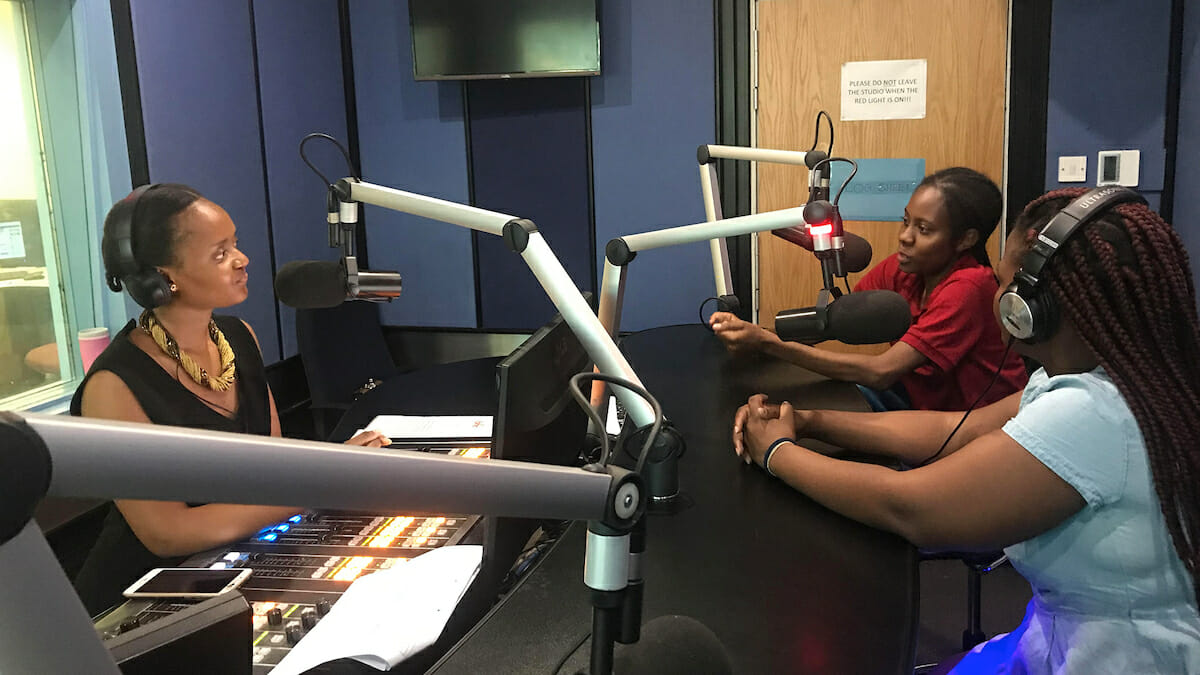
Ending the stigma around mental health in Africa and improving access to support will take time, but we are encouraged by the steps being taken, and hope that they inspire others to get involved.
